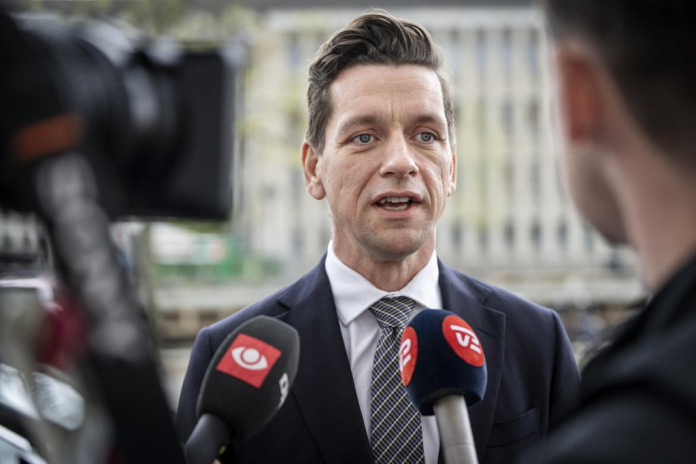Danish Immigration Minister Kaare Dybvad declared that relocating asylum procedures beyond EU borders represents the most effective strategy to dismantle the lucrative operations of people smuggling networks, according to Euractiv.
Speaking ahead of an informal EU migration ministers’ meeting in Copenhagen on Tuesday, Dybvad framed irregular migration as a multi-billion-euro industry dominated by criminal enterprises.
What they sell is a product and the product is access to European countries. If we devalue that product and make it impossible for them, it will be much more difficult to transfer people.
The proposal centres on revising the EU’s asylum framework through the Commission’s return regulation and safe third country proposals. These would permit deporting asylum seekers to nations they transited, or never entered, provided formal agreements exist.
Critically, the mandatory “connection” requirement would be abolished, allowing national laws to define eligibility criteria. Dybvad contended that asylum assessment “is not necessarily something that has to happen inside the EU,” positioning offshore processing as a means to “break the business model” of smuggling syndicates.
Poland’s Deputy Interior Minister Maciej Duszczyk acknowledged exploratory discussions regarding new “return hubs” in third countries, though specific locations remain undisclosed. This initiative faces immediate challenges, however, exemplified by Italy’s stalled agreement with Albania.
Albania has encountered intensified legal scrutiny, with Italy’s supreme court recently branding it potentially unconstitutional, a ruling exacerbating tensions between the judiciary and Prime Minister Giorgia Meloni’s government.
Minister Dybvad also dismissed notions of a north-south divide within the EU, noting “a quite big majority of member states now support innovative solutions.” Nevertheless, Spain’s reservations about externalisation persist.
The Copenhagen talks aim to solidify migration priorities post-summer, with Dybvad asserting that “the European asylum system is broken” and necessitates unconventional approaches.
